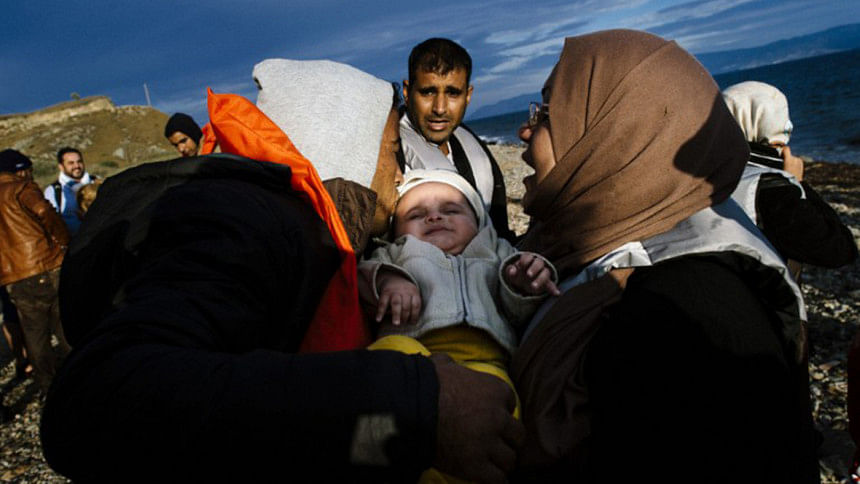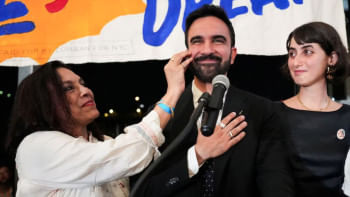EU to meet over Turkey migrant deal

European leaders are to discuss measures to ease the region's migration crisis, with Turkey the focus of their efforts in Brussels.
Nearly 600,000 migrants have reached the EU by sea so far this year, most via Turkey, says the International Organisation for Migration.
Turkey is thought to be hosting some two million migrants, most of them fleeing the war in neighbouring Syria.
EU leaders are seeking closer co-operation with Turkey.
They are keen for the Turkish government to sign up to a joint action plan that includes:
-Greater financial and procedural support for Turkey to deal with migrants
-Gaining permission from Turkey to help patrol its coastline
-Combating people smuggling
-Strengthening return operations
In exchange, Turkey would undertake various measures including implementing asylum procedures and giving priority to “the opening of the six refugee reception centres built with the EU co-funding”.
Ankara, however, is expected to press for more rapid progress towards visa-free travel for its citizens to European countries that have abolished border controls within the so-called Schengen area.
Ahead of Thursday’s meeting in Brussels, the EU Council President Donald Tusk has warned that concessions will be granted only if Turkey helps reduce the influx of migrants, which stands at a record level.
German Chancellor Angela Merkel is expected in Ankara for talks at the weekend.
Analysis – Chris Morris, BBC News Europe correspondent, Brussels
Most EU leaders are now convinced that, without closer co-operation with Turkey, efforts to contain the migration crisis will not succeed. But Turkey wants plenty in return – more financial aid, visa liberalisation, and progress on its stalled application for EU membership.
The European Commission has been trying to take the lead, but some EU countries are far less keen on giving Turkey too much.
Criticism of what many see as the autocratic tendencies of the Turkish President Recep Tayyip Erdogan remain strong. And there’s real concern about Turkey’s resumption of the war with Kurdish rebels.
But the government in Ankara knows the EU needs its help more than ever. One senior EU source said the relationship with Turkey is never easy or straightforward, but it is essential that we get it right.
So far in 2015, 710,000 irregular migrants have entered the EU compared with 282,000 for the whole of 2014, the bloc’s border agency Frontex said on Tuesday.
In a letter to EU leaders ahead of Thursday’s summit, Tusk warned that the regional situation was “difficult and politically very complex.
“Just to give one example, Turkey is calling on us to support the establishment of a safe zone in northern Syria, whereas Russia – increasingly engaged in Syria – is openly rejecting this idea.”
He went on: “We must ask ourselves if the decisions we have taken so far, and the ones we are going to take on Thursday, are sufficient to contain a new migratory wave” – a wave, he warned, that could mean millions of new arrivals in the spring.
Migration in 2015
-More than 590,000 arrivals by sea to Europe in 2015, the IOM says - EU border force Frontex records 710,000 arriving in Europe overall, but cautions that a "large number" may have been double-counted in Greece and then Hungary/Croatia
-Up from 282,000 in 2014 (Frontex)
-350,000 people detected arriving on Greek islands January-September this year - mainly from Turkey (Frontex)
-More than 3,000 people died trying to cross Mediterranean to Europe this year - mainly between Libya and Italy (IOM)

 For all latest news, follow The Daily Star's Google News channel.
For all latest news, follow The Daily Star's Google News channel. 



Comments